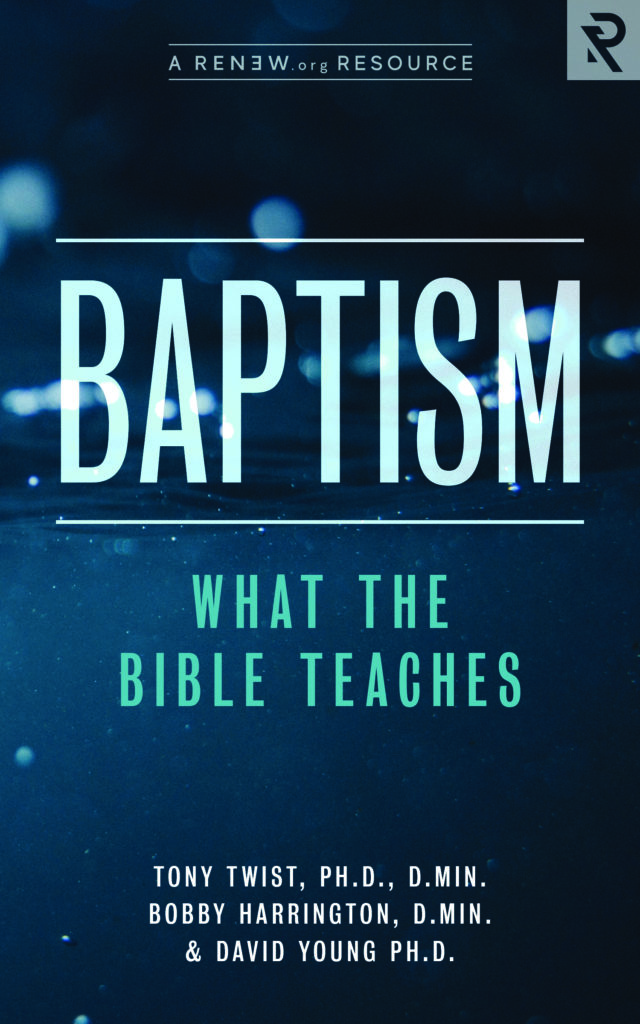
Shepherd
*Editor’s Note: Around Christmastime, “shepherd” bring to mind images of tranquility and warmth. Yet it was not always so. What did ancient people generally think of shepherds? And how does the Bible use the word? As a longtime expert in New Testament Greek, Kenny Boles explains the historical background of this profession, as well as the ways in which the Bible uses the word.
“No occupation in the world is more disreputable than that of the shepherd.”
Such was the surprising judgment of the Pharisaic Rabbi of Jesus’ day. Shepherds were listed in the rabbi’s official lists of thieving and cheating occupations, were assumed to be dishonest, and were generally despised by the religious leaders. A shepherd could not be a judge, nor was he allowed to be a witness in a court of law. Pious people were forbidden to buy wool, milk, or kids from them, since such would undoubtedly be stolen merchandise.
One rabbi even asked with amazement how, since shepherds were so despicable, one could explain the fact that God is called “my shepherd” in Psalm 23.
But Jesus identified with the lowly shepherd (poimen—poi MANE). The first visitors to his humble nativity were shepherds. More than once the hero of his parables was a simple shepherd. But most of all Jesus portrayed himself as a shepherd—the good shepherd who lays down his life for his sheep.
Jesus was ready and willing to cast his lot with despised shepherds and sinners, for it was they whom he cared to save!
“Jesus was ready and willing to cast his lot with despised shepherds and sinners, for it was they whom he cared to save!”
And one thing more. In his church, Jesus established an office of leadership and placed privilege and responsibility in the hands of those who held this office. These men of honor were called elders, overseers…and “shepherds.”
(From Kenny Boles’s New Testament Words. Used with permission.)









